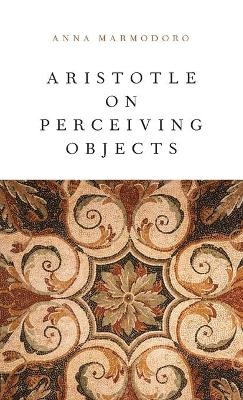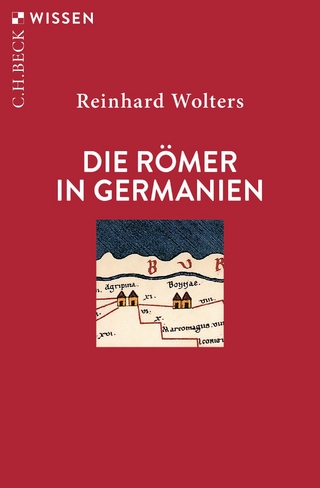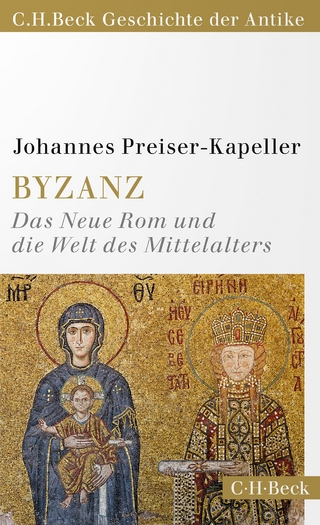
Aristotle on Perceiving Objects
Oxford University Press Inc (Verlag)
978-0-19-932600-6 (ISBN)
How can we explain the structure of perceptual experience? What is it that we perceive? How is it that we perceive objects and not disjoint arrays of properties? By which sense or senses do we perceive objects? Are our five senses sufficient for the perception of objects?
Aristotle investigated these questions by means of the metaphysical modeling of the unity of the perceptual faculty and the unity of experiential content. His account remains fruitful-but also challenging-even for contemporary philosophy.
This book offers a reconstruction of the six metaphysical models Aristotle offered to address these and related questions, focusing on their metaphysical underpinning in his theory of causal powers. By doing so, the book brings out what is especially valuable and even surprising about the topic: the core principles of Aristotle's metaphysics of perception are fundamentally different from those of his metaphysics of substance. Yet, for precisely this reason, his models of perceptual content are unexplored territory. This book breaks new ground in offering an understanding of Aristotle's metaphysics of the content of perceptual experience and of the composition of the perceptual faculty.
Anna Marmodoro is a Fellow in Philosophy of Corpus Christi College, University of Oxford. She specializes in ancient philosophy and contemporary metaphysics, and currently directs a major research project in metaphysics funded by the European Research Council.
Acknowledgements ; Introduction ; Chapter 1 - The metaphysical foundations of perception ; Introduction ; 1.1 Aristotle's power ontology ; 1.2 The nature of causal powers ; 1.3 Causal powers in actuality ; 1.4 Relations and relatives ; 1.5 Causation without glue ; 1.6 The causal powers model in Physics III 3 ; Concluding remarks ; Chapter 2- Aristotle's causal powers theory of perception ; Introduction ; 2.1 The faculty of perception ; 2.2 The five senses ; 2.3 The power(s) to cause perceptual experiences ; 2.4 Aristotle's causal powers theory of perception ; 2.5 Alternative interpretations of De Anima III 2 ; Concluding remarks ; Appendix: How do the senses 'take on' perceptible qualities? ; Chapter 3 - Aristotle's subtle perceptual realism ; Introduction ; 3.1 Perceptible qualities in second actuality ; 3.1.1 The single-track powers view ; 3.1.2 The multi-track & multi-stage powers view ; 3.2 Objectivity of content and subjectivity of experience ; 3.2.1 Aristotle's Subtle Perceptual Realism ; 3.2.2 Aristotle and McDowell ; 3.3 The role of the medium in perception ; Concluding remarks ; Chapter 4 - The problem of complex perceptual content ; Introduction ; 4.1 The common sense and the perception of complex perceptual content ; 4.2 Simultaneous perception ; 4.3 Incidental perception ; 4.4 Perception of the common sensibles ; 4.5 From the perception of the common sensibles to the perception of objects ; Concluding remarks ; Appendix: Varieties of incidental perception ; Chapter 5 - Unity of subject, operation, content, and time ; Introduction ; 5.1 Physical constraints on complex perceptual content ; 5.2 The unity of subject, of operation and of time ; 5.3 No duplication of perceptual awareness ; 5.4 A 'robust' interpretation of the common sense ; 5.5 A new individuation principle for the common sense ; Concluding remarks ; Chapter 6 - Mixing the many and partitioning the one ; Introduction ; 6. 1 The Mixed Contents Model ; 6.2 The Multiple Sensors Model ; 6.3 The Ratio Model ; Concluding remarks ; Chapter 7 - One and many perceptual faculties ; Introduction ; 7.1 The Relative Identity Model ; 7.2 The Substance Model ; 7.3 The Common Power Model ; Concluding remarks ; Chapter 8 - Conclusions ; Bibliography
| Zusatzinfo | 3 illus. |
|---|---|
| Verlagsort | New York |
| Sprache | englisch |
| Maße | 211 x 145 mm |
| Gewicht | 431 g |
| Themenwelt | Geschichte ► Allgemeine Geschichte ► Altertum / Antike |
| Geisteswissenschaften ► Philosophie ► Metaphysik / Ontologie | |
| Geisteswissenschaften ► Philosophie ► Philosophie Altertum / Antike | |
| ISBN-10 | 0-19-932600-2 / 0199326002 |
| ISBN-13 | 978-0-19-932600-6 / 9780199326006 |
| Zustand | Neuware |
| Haben Sie eine Frage zum Produkt? |
aus dem Bereich


